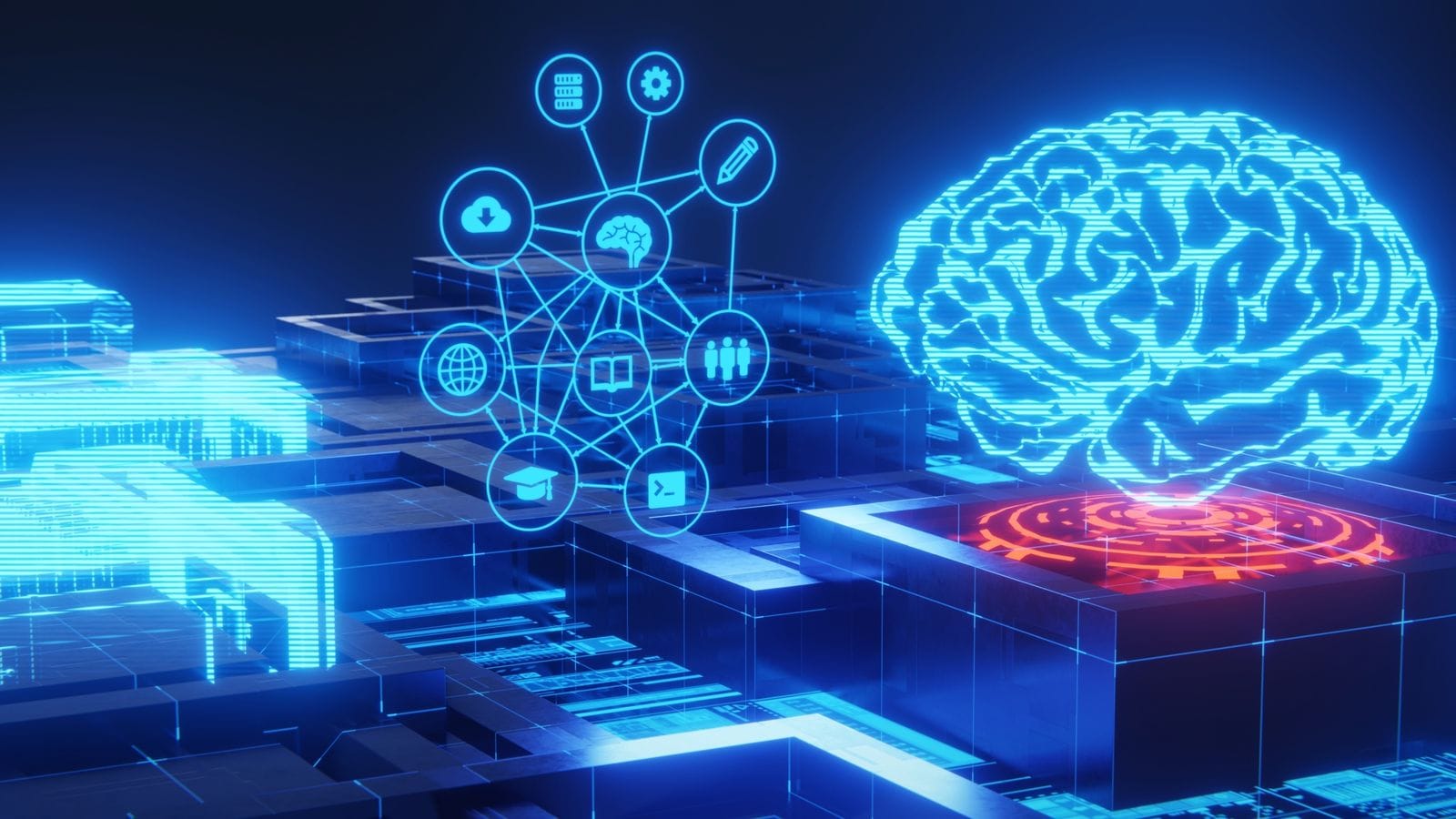
AI Chatbots and the Internet of Things: Connecting the Dots for Enhanced Service
The Internet of Things (IoT) is rapidly expanding, connecting billions of devices worldwide and generating an enormous amount of data. This interconnected network of devices, ranging from household appliances to industrial sensors, has the potential to revolutionize various aspects of our lives. However, managing and interacting with this complex network can be challenging for users. This is where AI chatbots come in, offering a seamless and intuitive interface to interact with the IoT.

AI Chatbots: The Intelligent Interface for IoT
AI chatbots are computer programs designed to simulate human conversation. Powered by natural language processing (NLP) and machine learning (ML), these chatbots can understand user requests, provide relevant information, and even perform actions on behalf of the user. When integrated with the IoT, chatbots can act as a centralized control panel, allowing users to interact with various devices and services in a unified and user-friendly manner.
Benefits of Integrating AI Chatbots with IoT
- Enhanced User Experience: Chatbots simplify the interaction with IoT devices, making them more accessible to users of all technical abilities. Instead of navigating complex menus or learning different interfaces for each device, users can simply communicate their needs in natural language to the chatbot.
- Personalized Service: AI chatbots can learn user preferences and tailor their responses accordingly. This allows for a personalized experience, where users receive customized information and recommendations based on their individual needs and habits.
- Proactive Assistance: By analyzing data from IoT devices, chatbots can anticipate user needs and provide proactive assistance. For example, a chatbot connected to a smart home system could remind the user to lock the door or turn off the lights when leaving the house.
- Improved Efficiency: Chatbots can automate various tasks, such as scheduling appointments, ordering supplies, or controlling devices, freeing up users’ time and increasing efficiency.
- 24/7 Availability: Unlike human customer service representatives, chatbots are available 24/7, providing instant support and assistance to users whenever needed.
Use Cases Across Industries
The integration of AI chatbots with IoT has the potential to transform various industries, including:
- Smart Homes: Control home appliances, lighting, security systems, and entertainment systems through voice commands or text messages to a chatbot.
- Healthcare: Monitor patient health remotely, provide medication reminders, and schedule appointments through a chatbot integrated with wearable devices and medical equipment.
- Automotive: Access vehicle diagnostics, control car settings, and receive real-time traffic updates through a chatbot connected to the car’s onboard computer.
- Customer Service: Provide instant support, answer frequently asked questions, and resolve customer issues through chatbots integrated with CRM systems and e-commerce platforms.
- Manufacturing: Monitor production lines, control robots, and optimize resource allocation through chatbots connected to industrial sensors and automation systems.
Challenges and Considerations
While the integration of AI chatbots with IoT offers numerous benefits, there are also challenges to consider:
- Data Privacy and Security: Protecting user data and ensuring the security of IoT devices is crucial. Robust security measures and data encryption protocols are necessary to prevent unauthorized access and data breaches.
- Interoperability: Ensuring seamless communication and data exchange between different IoT devices and platforms can be challenging. Standardized protocols and APIs are essential for interoperability.
- Natural Language Understanding: While AI chatbots have made significant progress in NLP, they still face challenges in understanding complex or ambiguous user requests. Ongoing research and development are needed to improve their language processing capabilities.
The Future of AI Chatbots and IoT
The integration of AI chatbots with IoT is still in its early stages, but it has the potential to revolutionize the way we interact with technology. As AI and NLP continue to evolve, chatbots will become even more intelligent and capable of understanding and responding to user needs. This will lead to more personalized, efficient, and seamless experiences across various industries.

